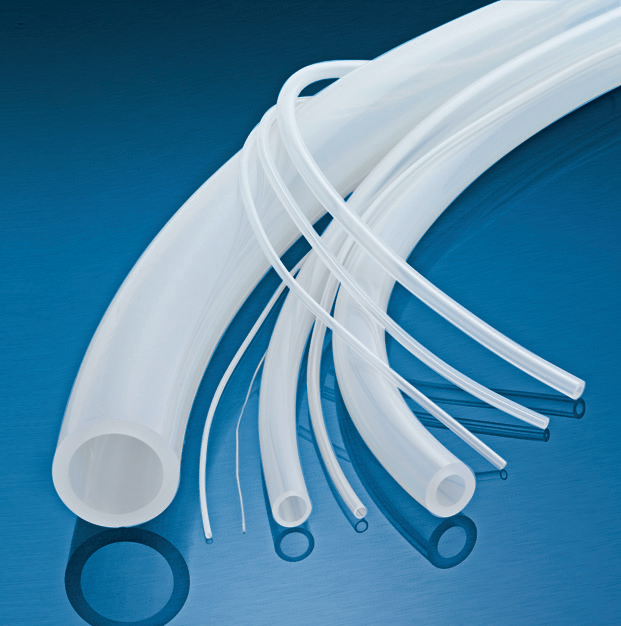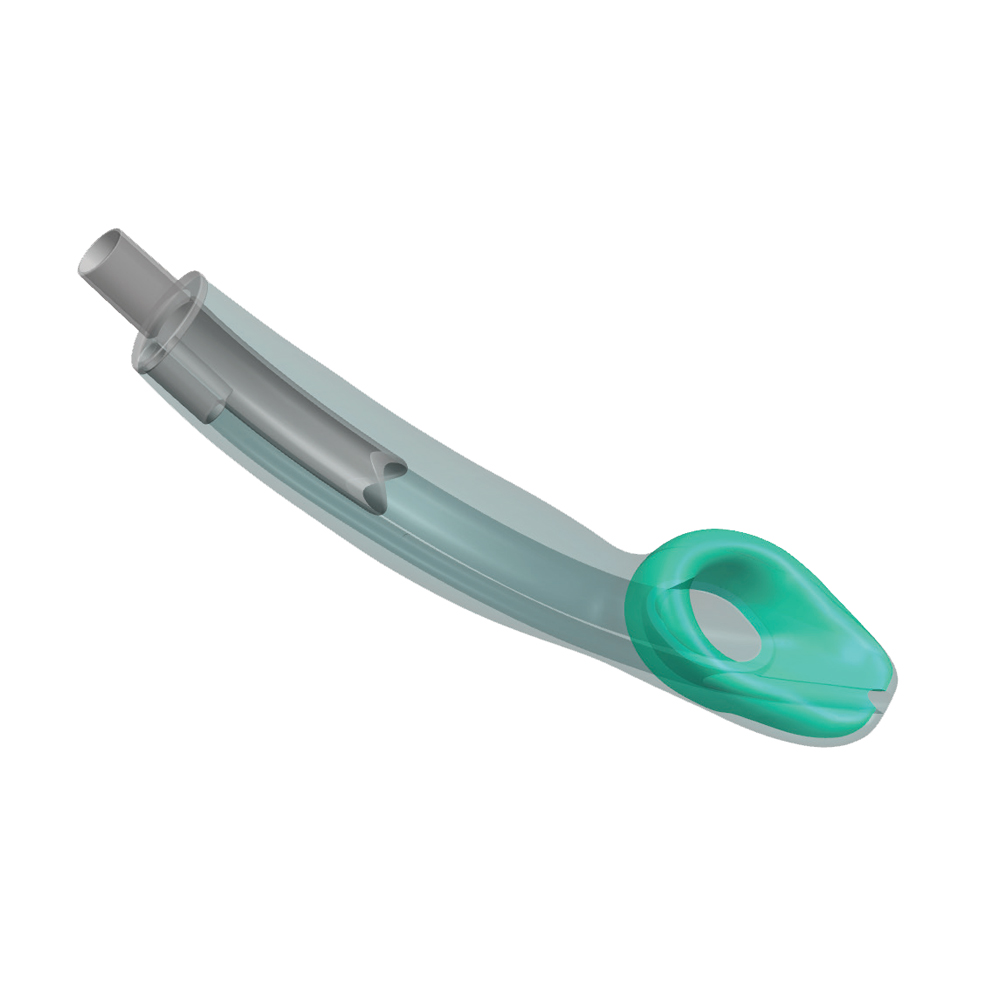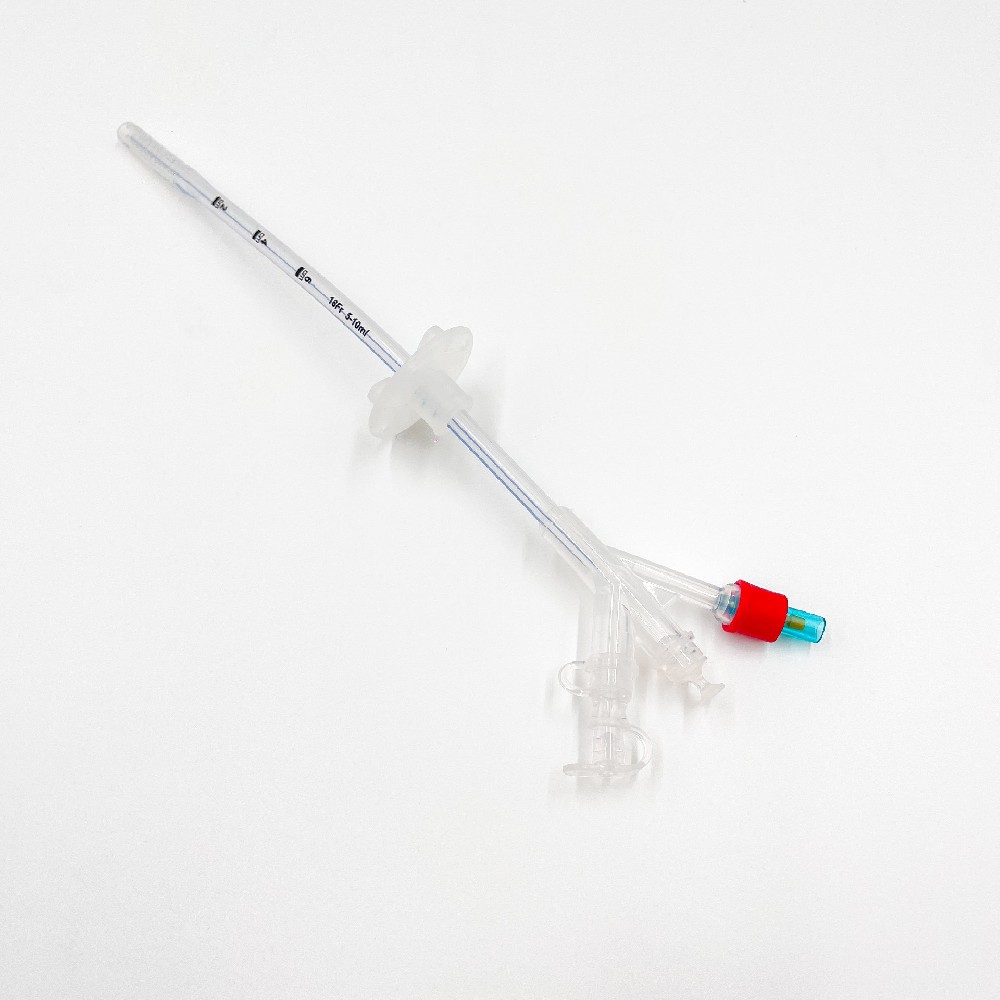Randomized controlled study of sleeve gastrectomy vs gastric bypass! Which one works better?
Obesity metabolic surgery has accurate and lasting effects in treating obesity and related complications, and the number of surgeries worldwide is growing rapidly. Laparoscopic sleeve gastrectomy (SG) and laparoscopic Roux-en-Y gastric bypass (RYGB) are widely used surgical procedures, and the debate about the better efficacy of these two surgical methods has never stopped.
Researchers compared the perioperative outcomes of SG and RYGB. The research results were published in JAMA Network Open, a sub-journal of JAMA (2023 impact factor 10.5, JCR Q1).
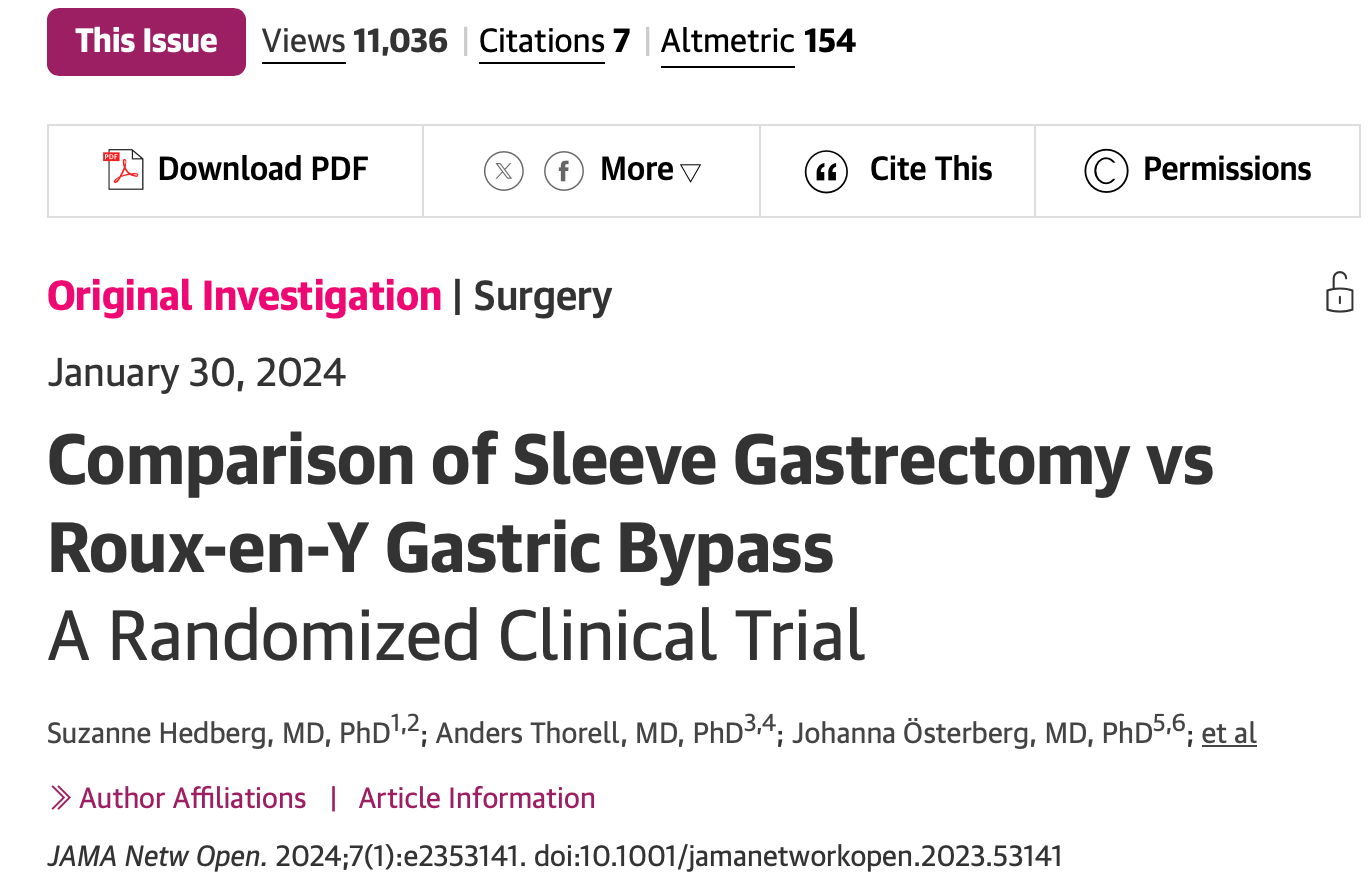
Let’s go directly to the “answer” first:
This randomized controlled trial (RCT) included 1735 patients undergoing bariatric surgery for the first time and found that perioperative risks were lower for both SG and RYGB, with no clinically significant differences between the groups.
Then go to "Pictures":
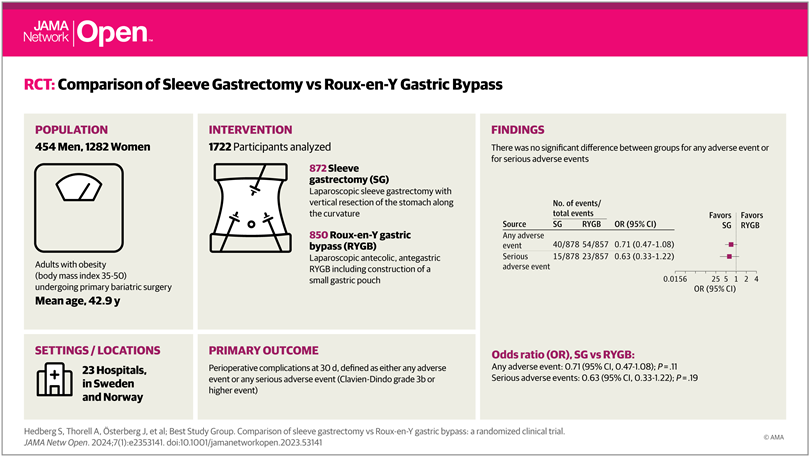
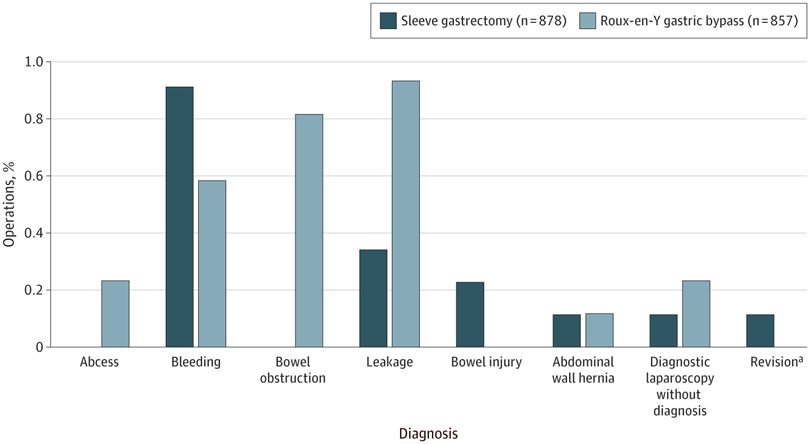
Diagnosis of complications from reoperation 30 days after sleeve gastrectomy and Roux-en-Y gastric bypass
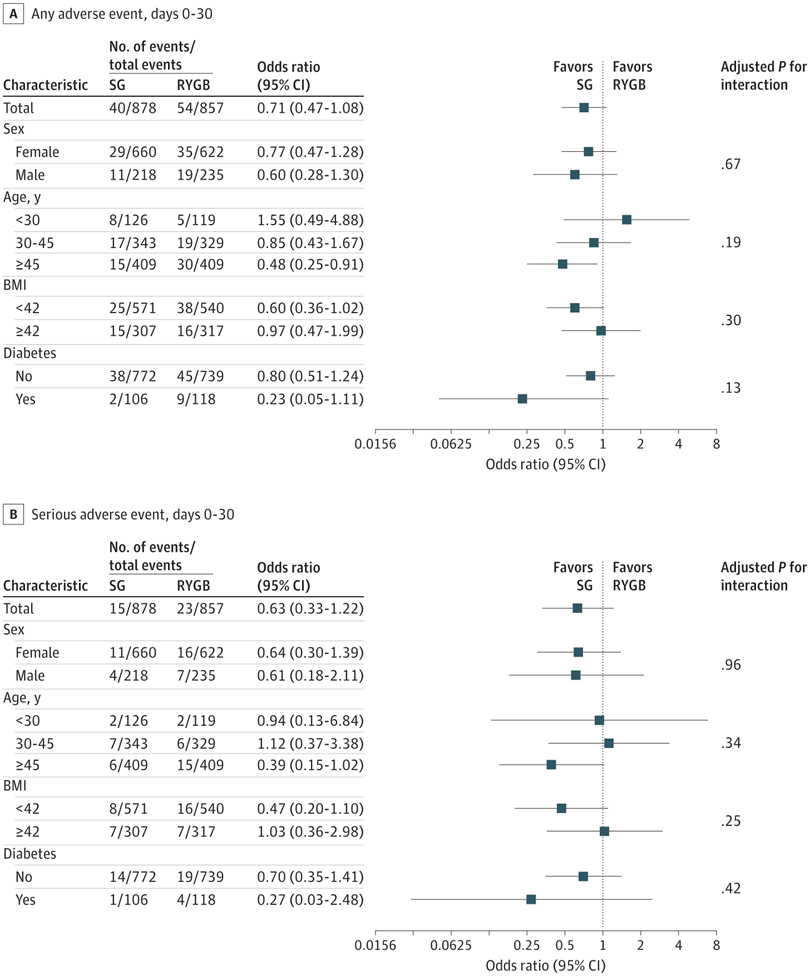
The risk of adverse events and serious adverse events was not statistically different between SG and RYGB
See how the research works:
Abstract
Objective: To compare perioperative outcomes in SG and RYGB.
Design, setting, and participants: In this registry-based, multicenter randomized clinical trial (Bypass Equipoise Sleeve Trial), baseline and perioperative data for patients undergoing bariatric surgery from October 6, 2015, to March 31, 2022, were analyzed. Patients were from university, regional, county, and private hospitals in Sweden (n = 20) and Norway (n = 3). Adults (aged ≥18 years) eligible for bariatric surgery with body mass indexes (BMIs; calculated as weight in kilograms divided by height in meters squared) of 35 to 50 were studied.
Interventions: Laparoscopic SG or RYGB.
Main outcomes and measures: Perioperative complications were analyzed as all adverse events and serious adverse events (Clavien-Dindo grade >IIIb). Ninety-day mortality was also assessed.
Results: A total of 1735 of 14 182 eligible patients (12%; 1282 [73.9%] female; mean (SD) age, 42.9 [11.1] years; mean [SD] BMI, 40.8 [3.7]) were included in the study. Patients were randomized and underwent SG (n = 878) or RYGB (n = 857). The mean (SD) operating time was shorter in those undergoing SG vs RYGB (47 [18] vs 68 [25] minutes; P < .001). The median (IQR) postoperative hospital stay was 1 (1-1) day in both groups. The 30-day readmission rate was 3.1% after SG and 4.0% after RYGB (P = .33). There was no 90-day mortality. The 30-day incidence of any adverse event was 40 (4.6%) and 54 (6.3%) in the SG and RYGB groups, respectively (odds ratio, 0.71; 95% CI, 0.47-1.08; P = .11). Corresponding figures for serious adverse events were 15 (1.7%) for the SG group and 23 (2.7%) for the RYGB group (odds ratio, 0.63; 95% CI, 0.33-1.22; P = .19).
Conclusions and relevance: This randomized clinical trial of 1735 patients undergoing primary bariatric surgery found that both SG and RYGB were performed with a low perioperative risk without clinically significant differences between groups.

